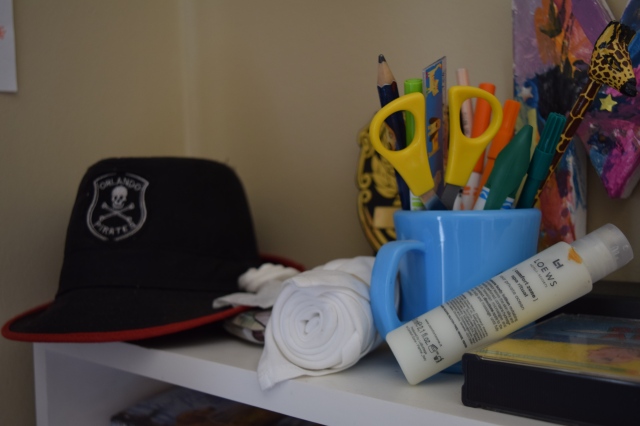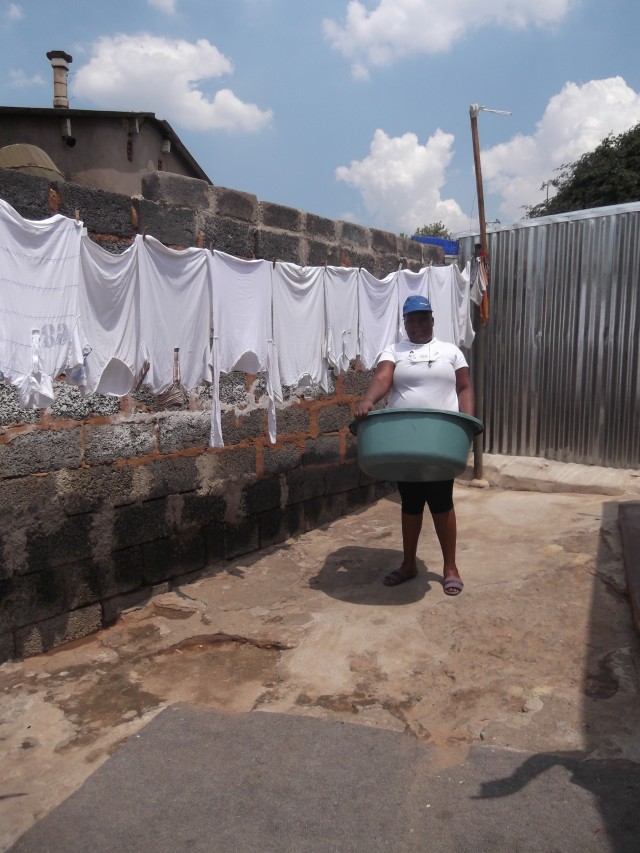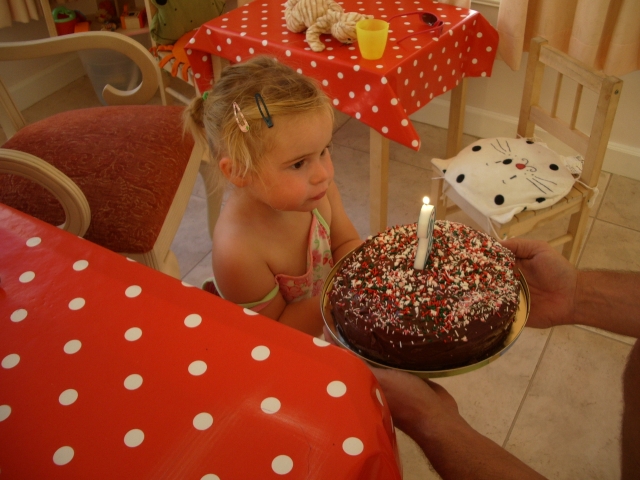I have been having a little frenzy of tidying over the past few weeks. Piles of toys, outgrown clothes, unloved teddies, random art-work….some days I feel like the house is going to collapse under the weight of all the “stuff” my children seem to collect.

It’s just “stuff” to us but to them it is their history….
But when it comes to throwing it out – or giving it away – I have a problem. Not only do I have to contend with the girls’ pleas not to get rid of their once-favourite t-shirt or that unopened game they may get round to playing at some point, I also have a little voice in the back of my own head saying: remember how it felt when you were a child? What DID happen to that stuffed hippo? And have you ever really gotten over having your collection of china animals whisked away the moment you left home for boarding school?
But although parents everywhere go through this exact same battle with their kids – what to keep, what to get rid before the stuffed toy collection takes complete control of their bedroom – there is a difference for us expats. Because whilst other children will have continuity in their house, their friends, their schools, their playgrounds and so many other things, those stuffed toys and random bits of rubbish we could so easily sweep into the bin are the very things that help our children with transition.
Take my youngest daughter, for example. When we arrived in Pretoria just over a year ago we brought with us in our suitcases a set of beautiful fairy lights made of delicate pink roses. She had them hung around her bed at home and used to go to sleep with them turned on (much to the annoyance of her older sister who at that point was sleeping in a bunk bed above her). The first night in our new house we strung them up around her bed and switched them on. She was able to go to bed with something that made her feel immediately familiar. It probably didn’t stop her coming in to us in the night anyway, but it was a start!

Now, those fairy lights have stopped working. They are looking distinctly bedraggled and so many fuses have blown they don’t work anymore. We were cleaning out her room the other day, sticking some pictures on the wall and sorting out her books. She fingered the fairy-light roses, still delicate but now not quite so appealing. She started to say she wanted to get rid of them but hesitated. Then said no she would keep them for now. I could tell she couldn’t quite move on yet.
Now I could have insisted we get rid of the lights – along with the piles of c**p that stack up on her shelves, in her cupboards, by her bed….but actually when we have taken everything and everyone else away who are we to also take away the things that gives her her identity? The bits of paper with funny little drawings on? Reminds her of the time she and her friends played schools in Year 2. The 45 various stuffed toys? Each one has a history, a place in her heart. The old school books? She looks through them from time to time and it connects her with her past.

HOW many stuffed toys?
It’s pretty hard being an expat child and if one thing we can do for them is let them keep their stuff then let’s do it. One of the most heart-rending sections in my book, The Expat Partner’s Survival Guide, was a section written by an expat child herself. In it she describes never being able to decorate her room the way she wanted, not having those marks on her wall which show how she has grown. It is a plaintive cry from the heart for a permanence she will never know, and which my own children may also now never know. We all hope that what we are giving them will outweigh what we take away but at this point, in this moment in time, sometimes it is hard for our little ones to recognise this.
So leave their stuffed animals. Don’t throw away all the old drawings. Ignore the books you think they will never read again. It may seem like rubbish to us – but to them, it is the home they carry with them.









